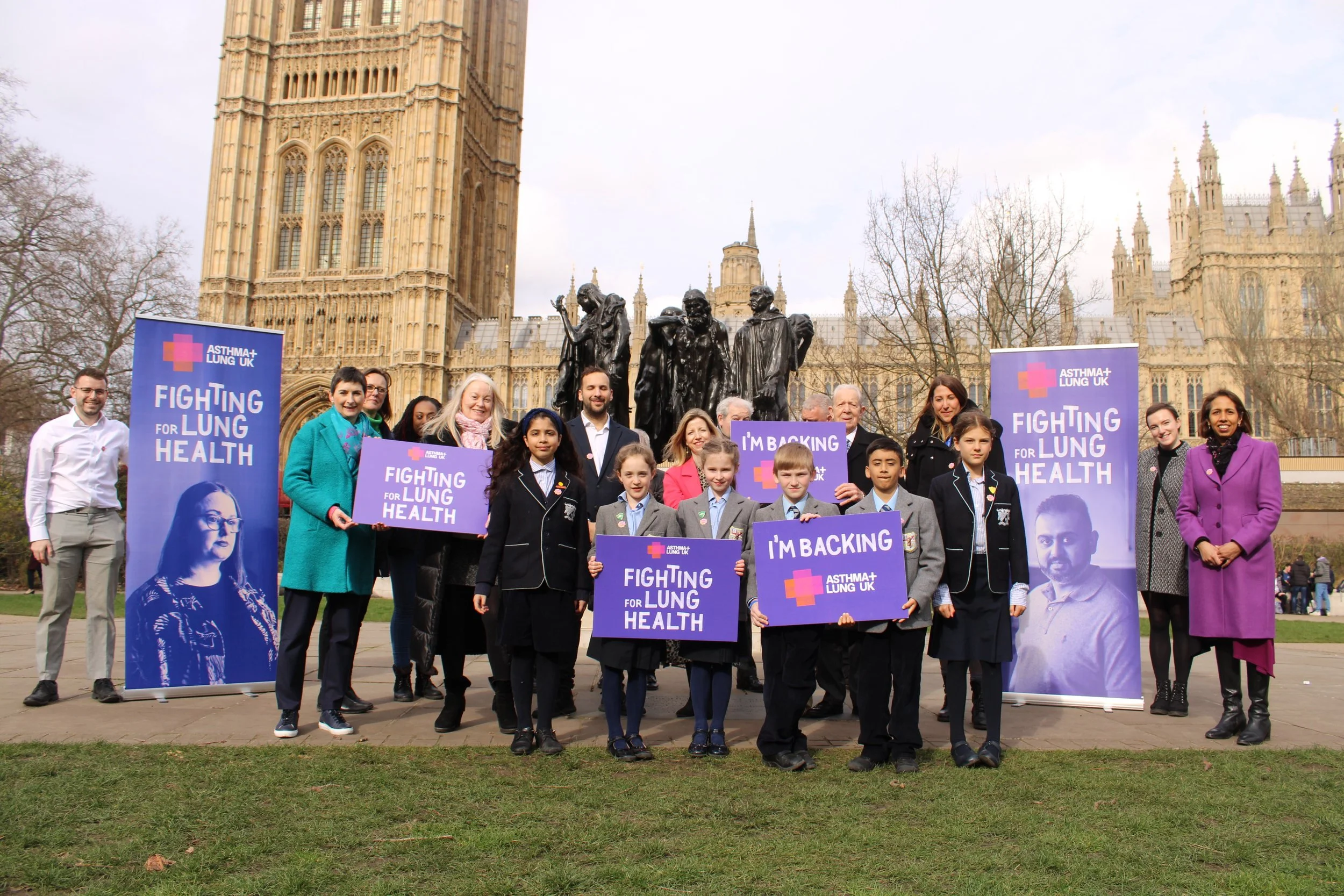Ambitions for a smoke-free future
Sarah Macfadyen, Head of Policy and External Affairs at Asthma UK and the British Lung Foundation shares details about the government’s strategy for a smoke-free future and the steps that need to be taken to achieve this goal.
The COVID-19 pandemic has shown everyone just how important it is to have healthy lungs. There are lots of health conditions that make people more vulnerable to COVID-19, but from early on the evidence has shown that people who smoke are more likely to become seriously ill.
Although smoking rates are at an all-time low in the UK, with around 15% of adults still smoking, there is far more we need to do. Smoking still accounts for 36% of all respiratory deaths and 23% of all respiratory hospital admissions. It is a deadly addiction which the vast majority of people are desperate to quit.
In 2019, the government published a new strategy setting out a bold ambition: by 2030, they want our country to be ‘Smoke-free’, meaning that 5% of adults or less are smokers. This is exactly what we should be aiming for but meeting this target will need the government and the health services to work harder and faster.
This summer, we are expecting a new Tobacco Control Plan to be published, setting out how the government will hit their Smoke-free goal. This is what we think it should cover:
Smoking should be treated like any other illness
Helping people to quit smoking is the job of everyone working in healthcare. At the moment, there are plans to make sure anyone who is admitted to hospital is offered support to quit, like nicotine patches, medication to deal with cravings, and a referral for counselling when they are discharged. This is great news, but it doesn’t go far enough.
If we want people to avoid ending up in hospital, we need to offer help in the place where most people have most of their interaction with the NHS: at the GP surgery. All GPs, nurses, pharmacists, and other frontline health care professionals should be ready to talk to people about quitting smoking. The best way to do this is through the Very Brief Advice model, which means at every appointment or consultation, people are asked if they smoke, asked if they want to quit, and then advised where to get support if they do. It’s easy, simple, and most importantly it works.
We must make training mandatory
Our research found that half of GPs have never been given any training in delivering Very Brief Advice and only 2% thought their training was comprehensive. Making this training mandatory would be a quick and straightforward way to make sure everyone who smokes is offered help.
Even when people do want to give up, they often find that help is not there. Local services which help people quit have had their funding cut over the last decade, and in some areas, there is now no service left at all. It is essential that this money is reinstated so that there is a universal offer of help. One way to do this is an extra tax on the tobacco industry so they are paying for the damage they have caused.
The Royal College of Physicians published a report recently which laid out more plans to help us meet the smoke-free target, including new limits on marketing tobacco, major public health campaigns, and raising the age limit for buying tobacco products. We are supporting their recommendations and hope that the government takes notice.
Making our country smoke-free by 2030 won’t be easy, but it’s a fight we can’t afford to lose. We’ll be watching the government’s plans carefully and doing everything we can to keep them on track.
We empower people with asthma to make changes that can be transformative.
Please donate now to help make sure people with asthma can live well this year.










